How to get your dog ready to stay in kennels when you go away
If you're heading off on holiday and leaving your dog behind, Ben Randall has tips for how to make your pet's holiday as enjoyable as your own.
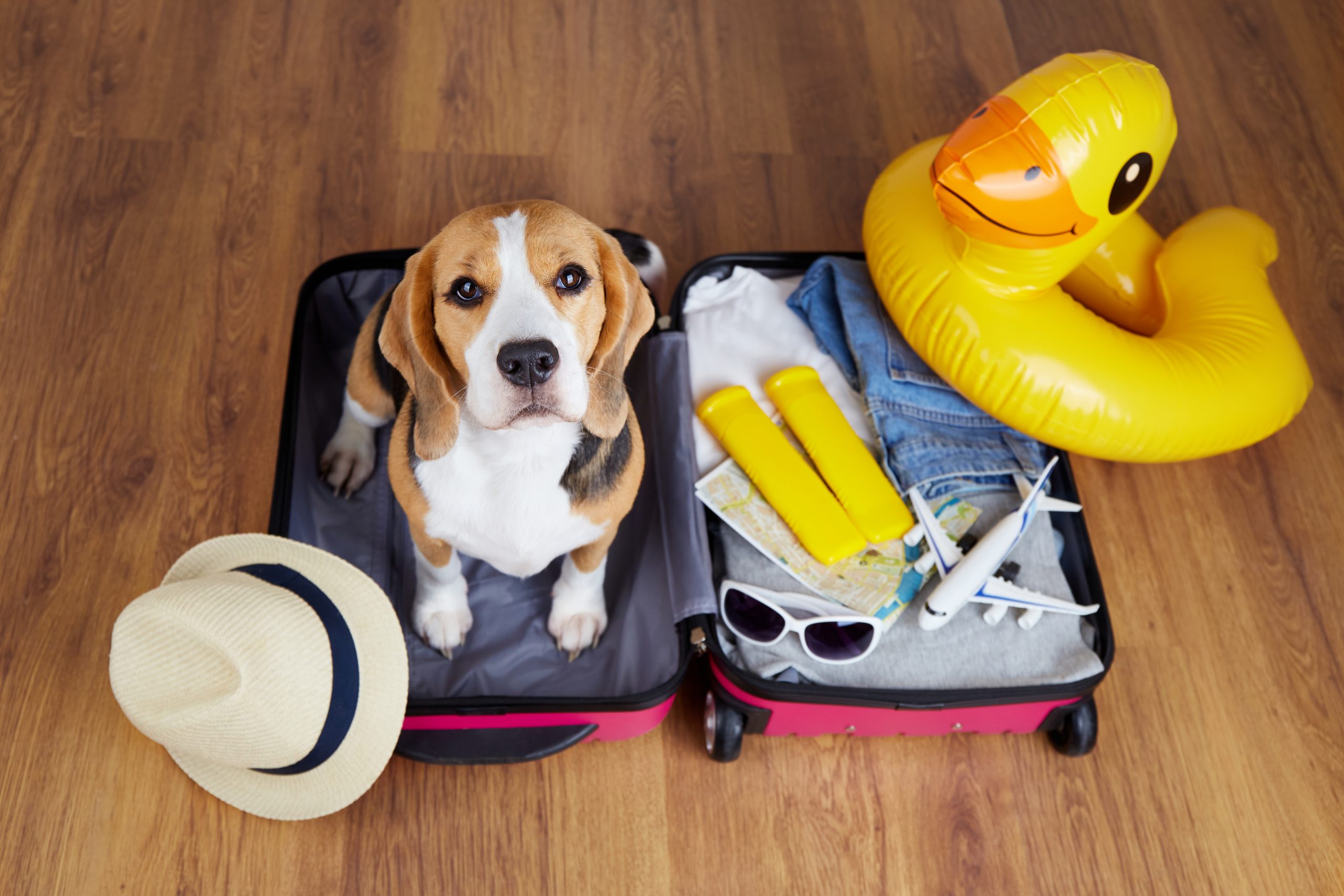

To most dog owners, your pet very much becomes a part of the family. And while these days that can extend to holidays both at home and across the English Channel, at some point you'll be heading off on a trip for which your four-legged friend can't join you.
Getting that sorted to make sure both you and your dog are as happy as possible can take a bit of preparation — and never more so than the first time you do it. This week's reader is in this situation and wrote to me at paws-for-thought@futurenet.com, looking for some advice on making sure that the holiday is as good for their dog as it is for them.
Dear Ben, We got a rescue dog last summer, and he's been an absolute joy. Training has all gone well and we've been very lucky, but we're now facing a new situation in that we're going away on holiday later in the summer and will be leaving him in boarding kennels. We've found one with a good reputation and booked him in, but we're just wondering if there's anything we can do to help it all go as smoothly as possible. — C.D., Staffordshire
Preparing a dog for its first visit to a kennel is something we know all about. As well as training dogs, my family and I run Ledbury Lodge Kennels in Herefordshire. Over the last 15 years we've had over 100,000 dogs in our care, and we've learned a vast amount through all that experience. Here's how we guide people through it.
1. Book in your dog for a test stay before you go away for real
We like our new guests to go through a process before they come to us for the first time: an initial visit and consulation with the owners, and a stay spanning a day and a night.
This way, your dog can be with us long enough to get a feel for the place, and us for your dog. A decent, experienced kennel owner can use this time to assess the dog, spot any issues or problems, and advise what to do ahead of the main stay.
2. Get your dog used to being left on its own
There was a time when it was only really our retired clients who'd come to us with dogs that they spend all day with, either at home or out and about with them. These days, we get a lot of people who work from home some or all of the time, and they quite often have the same issue: dogs who simply aren't used to spending time alone.
If your dog is used to having human company they'll become very reliant on it, and when they're left alone in the kennels they can end up getting stressed and upset. The trick is to use some of the steps you'd use for dealing with a dog with separation anxiety.
Sign up for the Country Life Newsletter
Exquisite houses, the beauty of Nature, and how to get the most from your life, straight to your inbox.
The full article has more detail, but in simple terms I'd always suggest that owners have a place they can put their dog at home to give it a break from them during the day, or perhaps for a few hours in the evening. Make it a comfortable spot for them to spend time, and give them a chew or favourite toy of some description — an antler, for example — to make it clear to them that this is a positive and rewarding place to be. By extension, spending a bit of time alone will be calming and relaxing rather than worrying and stressful.
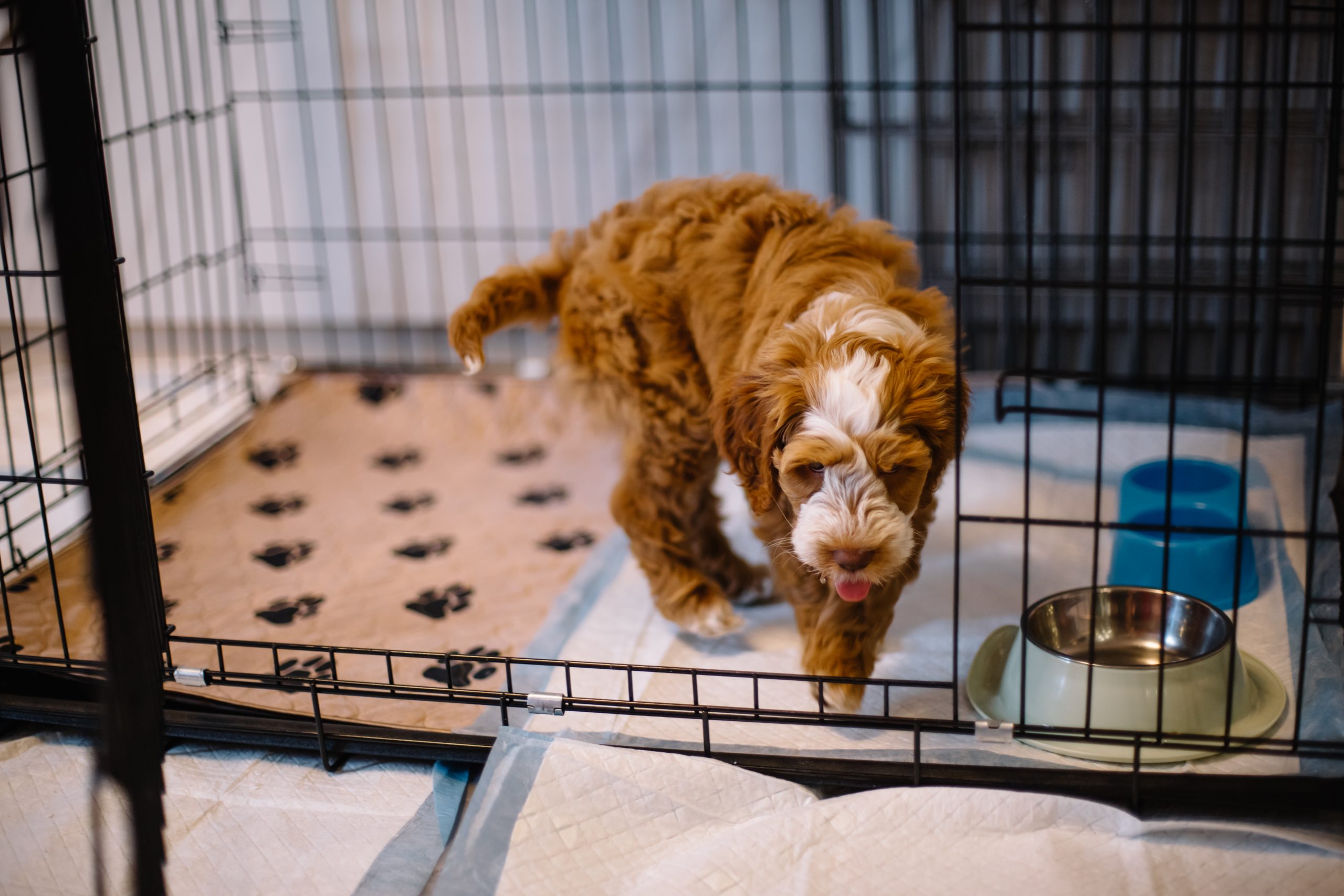
3. Bring things from home — and don't overstay when you drop them off
When dogs come to stay with us at Ledbury Lodge, we're very clear with their owners: bring your dog's usual bedding, usual food, favourite toys, blankets... anything, in other words, to make them feel at home.
But what they don't need from home is you. On drop off, we put visiting dogs in a holding kennel while we talk to the owners. The owners then say their goodbyes and leave.
What happens next the owners don't see: I take all the dog's things from home and prepare his or her room. Once that's done, I then calmly take the dog up to the kennels and, after a toilet break, the dog goes in to the kennel with all its toys and blankets to get some of the smells and feels of home. This really makes the transition far more seamless.
You might feel that you want to see your dog in the environment that they'll be spending the stay in, but the time for that is on the initial visit. We find that dogs settle more easily and quickly if they understand that the only people they will see at the kennels is our family. The only time they see other people, or their owners, is in the office or the holding kennels.
If you're really desperate to see your dog while he or she is in kennels, limit it carefully; we have a policy of one permitted visit per day, by appointment only. If the dog is over-excited, aggressive or nervous, it'll be put in their bedroom area to keep them as calm and relaxed as possible: the radio will be on fairly loud, and our visit will be quiet and clam. When the visitor leaves, I open the hatches back up and let the dog in to the run, where they'll see our family and recognise them as familiar faces — and while they're with us, they'll feel part of that family too.
Ben Randall’s book, ‘How to Train Your Gundog’, is out now. You can order it here at £40.
For more detailed advice about Ben Randall’s positive, reward-based and proven BG training methods, one-to-one training sessions, residential training or five-star dog-boarding at his BGHQ in Herefordshire, telephone 01531 670960 or visit www.ledburylodgekennels.co.uk. For a free seven-day trial of the Gundog app, which costs £24.99 a month or £249.99 a year, visit www.gundog.app/trial
- - -
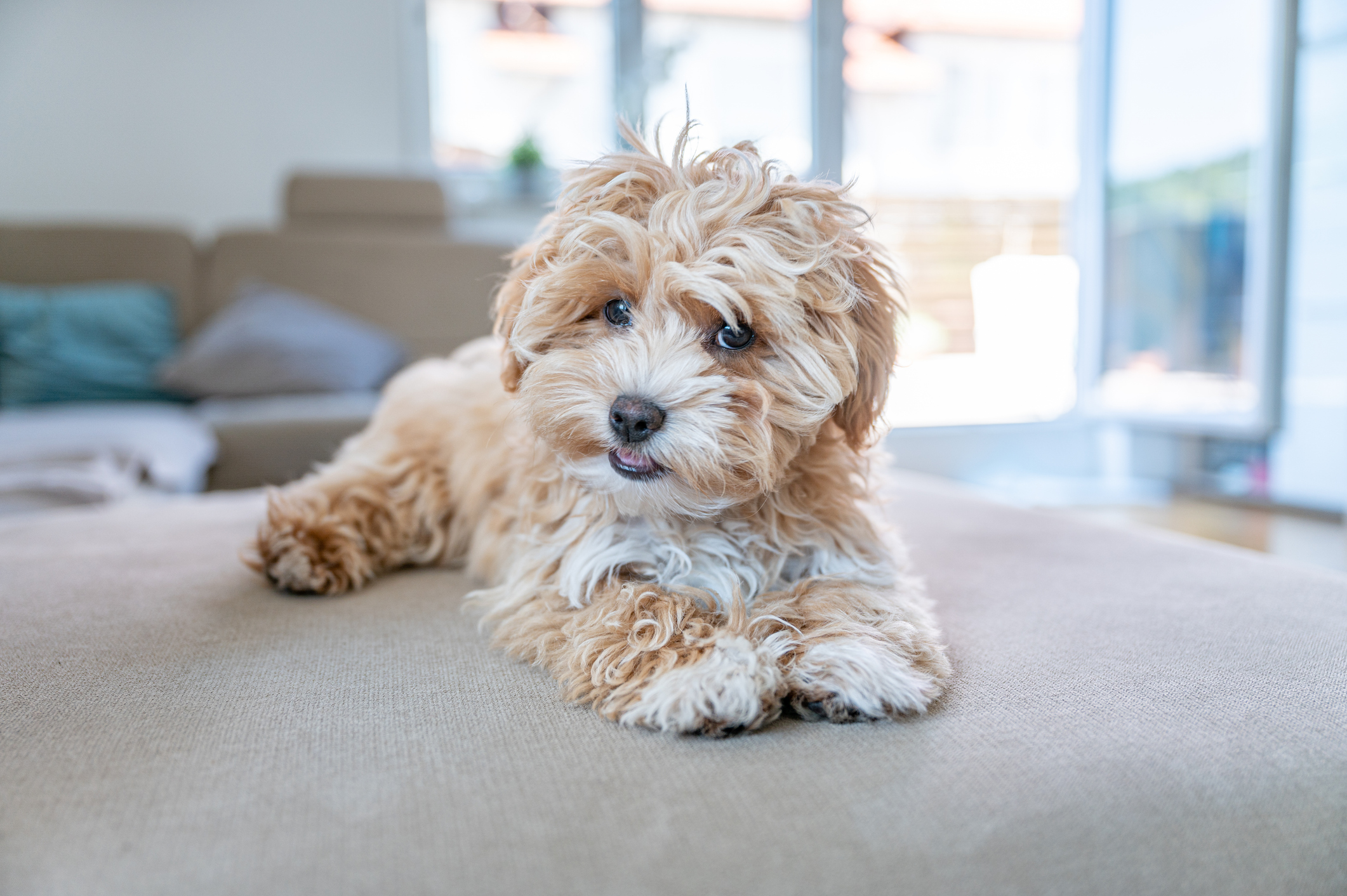
Credit: Getty
How to help a rescue dog with food issues and separation anxiety, by expert trainer Ben Randall
Saving a street dog from a harsh life is a noble thing to do, but often comes with issues. Expert
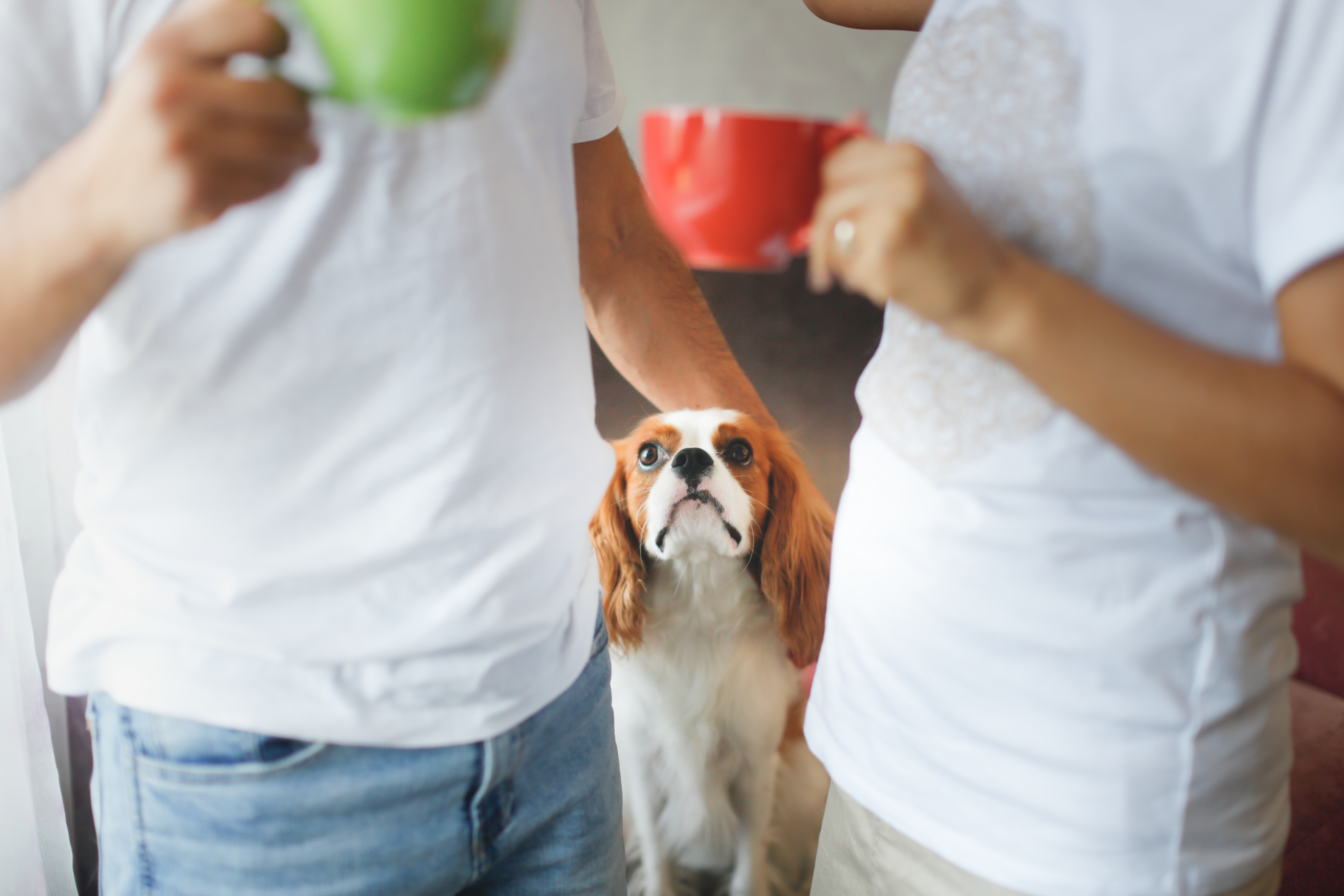
Credit: Getty Images
'My dog doesn't like my husband. What can I do?' — Expert trainer Ben Randall has the answer
For many of us, our dogs are like members of our family, but what do you do when your canine
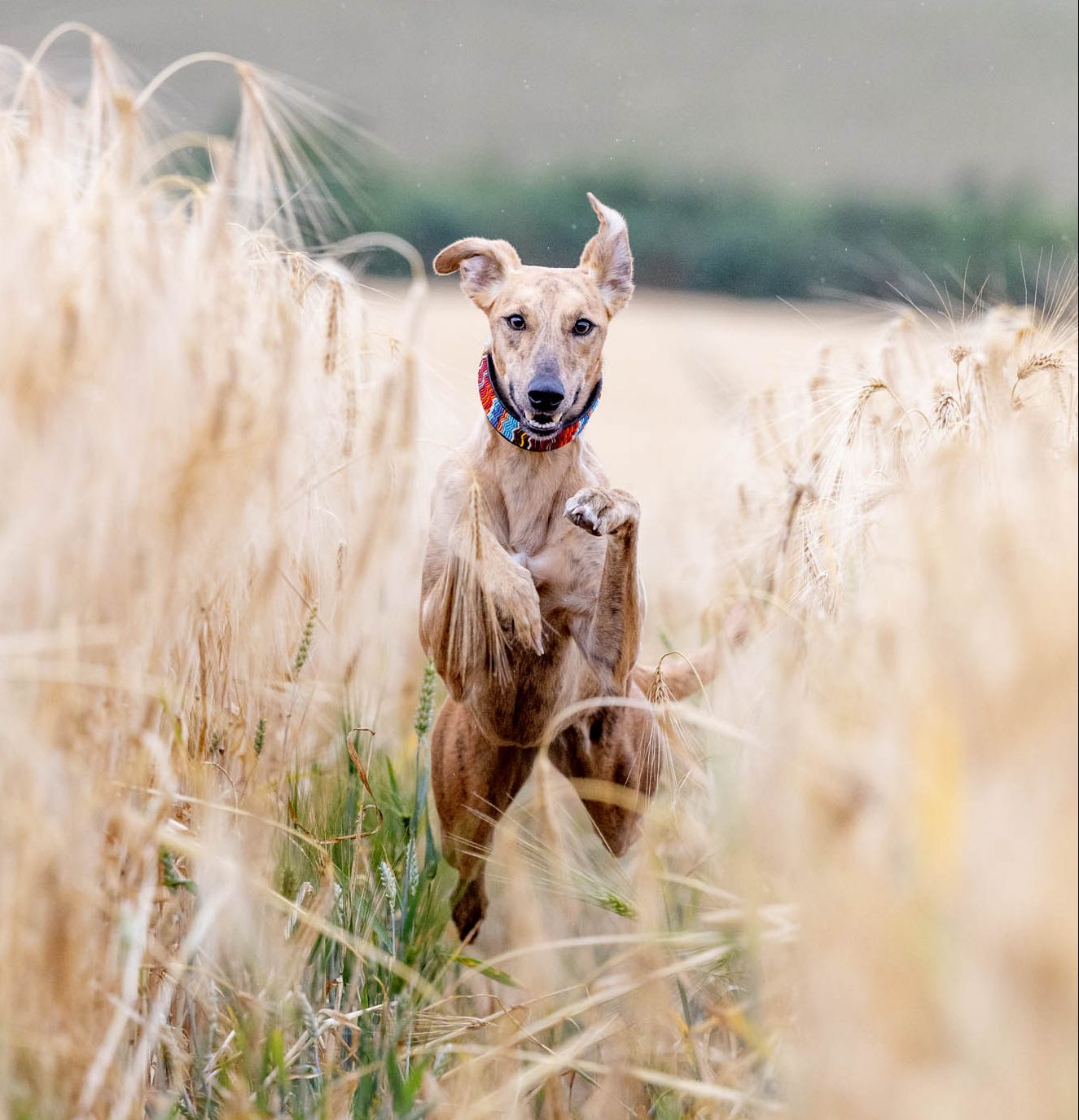
Lurchers: The Ferraris of the dog world who 'can steal anything from anywhere'
Once the scourge of gamekeepers, lurchers have since leapt to dizzying heights of desirability and now make endearing family pets,
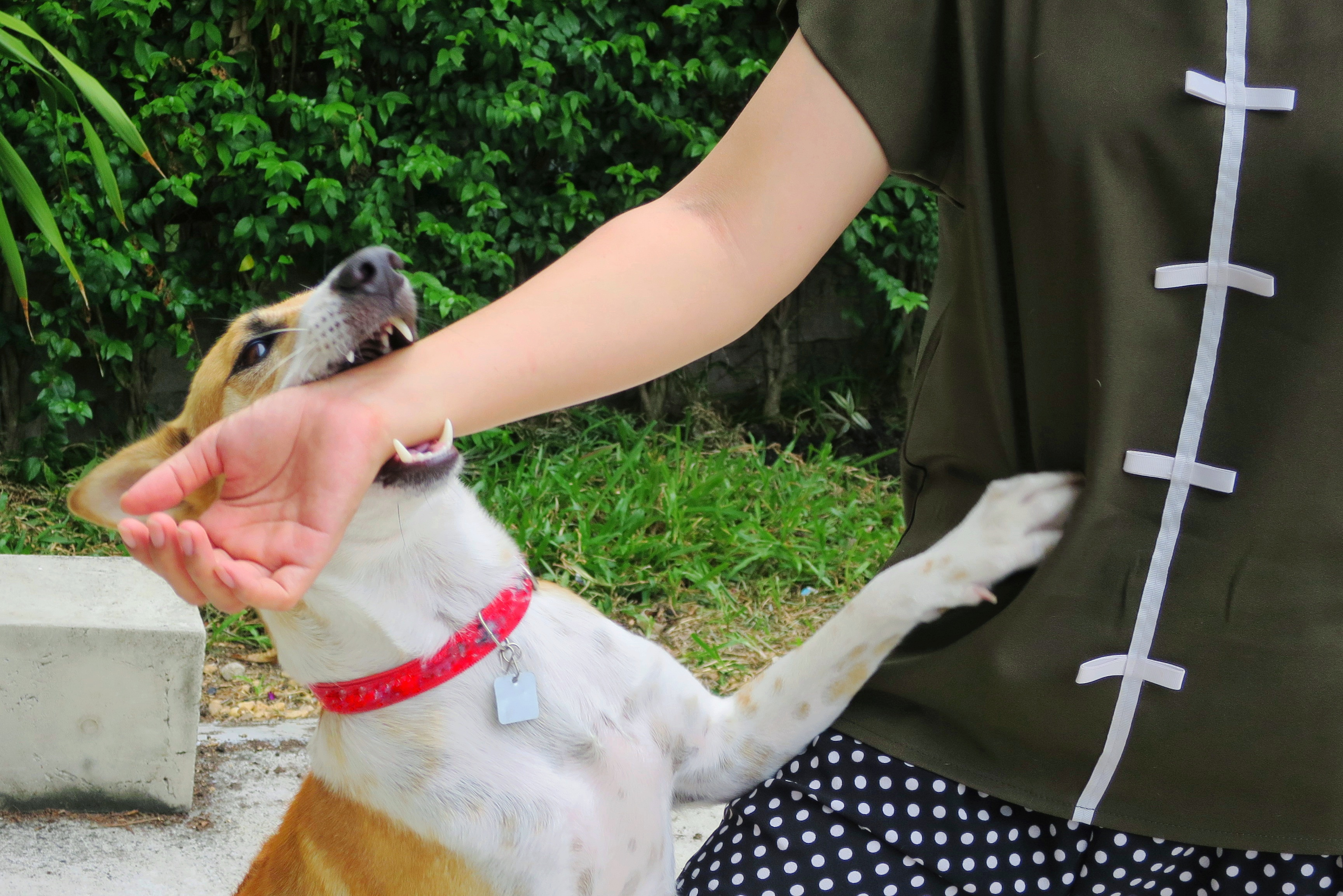
Credit: Getty
How to stop a dog biting and nipping, by award-winning trainer Ben Randall
Biting and nipping is top of the list of issues that dog owners most fear that they'll have to deal
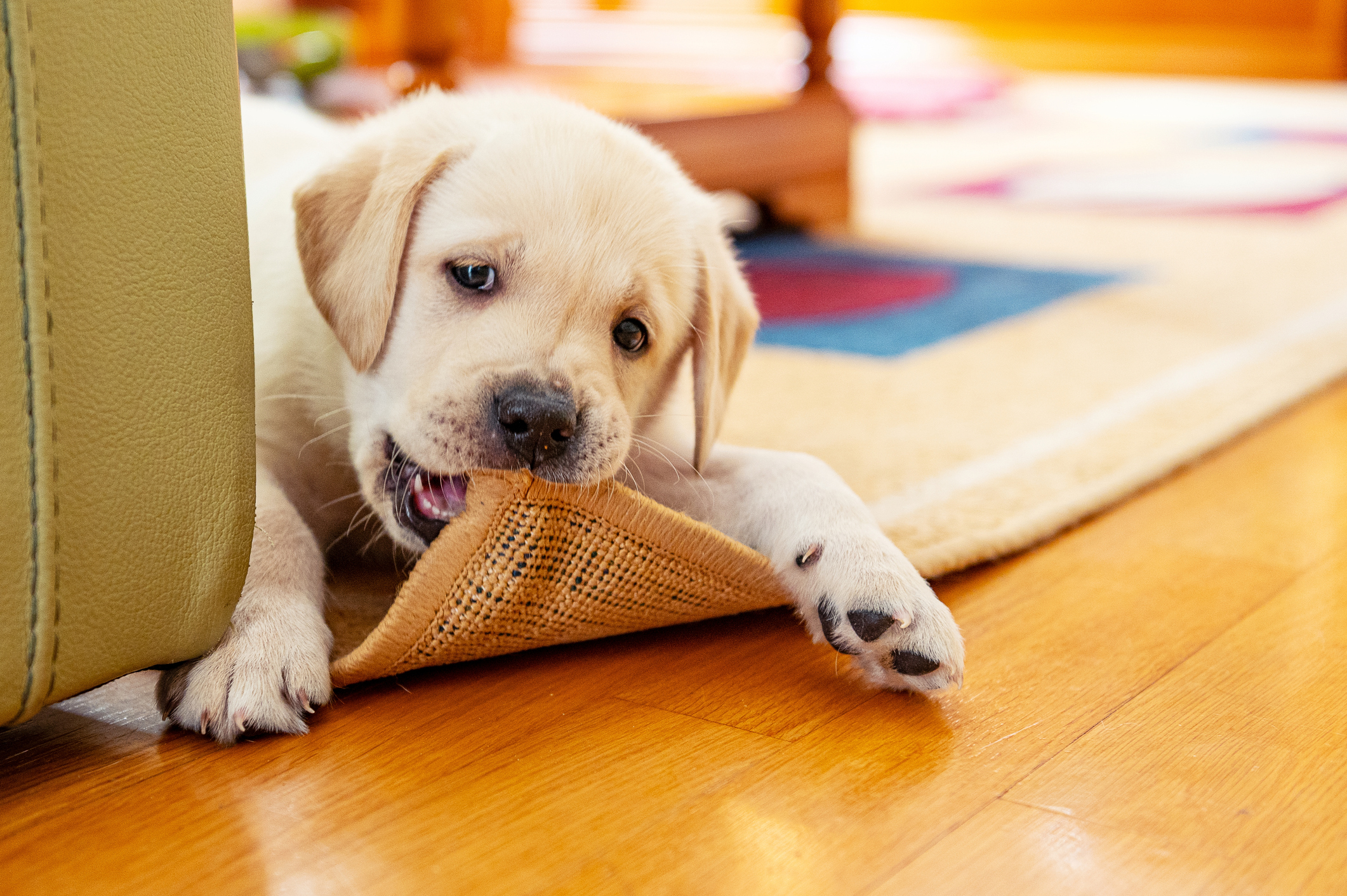
How to get your dog to stop chewing the furniture
If you've got a young dog who can't stop chewing anything and everything in sight, Ben Randall has the solution.
-
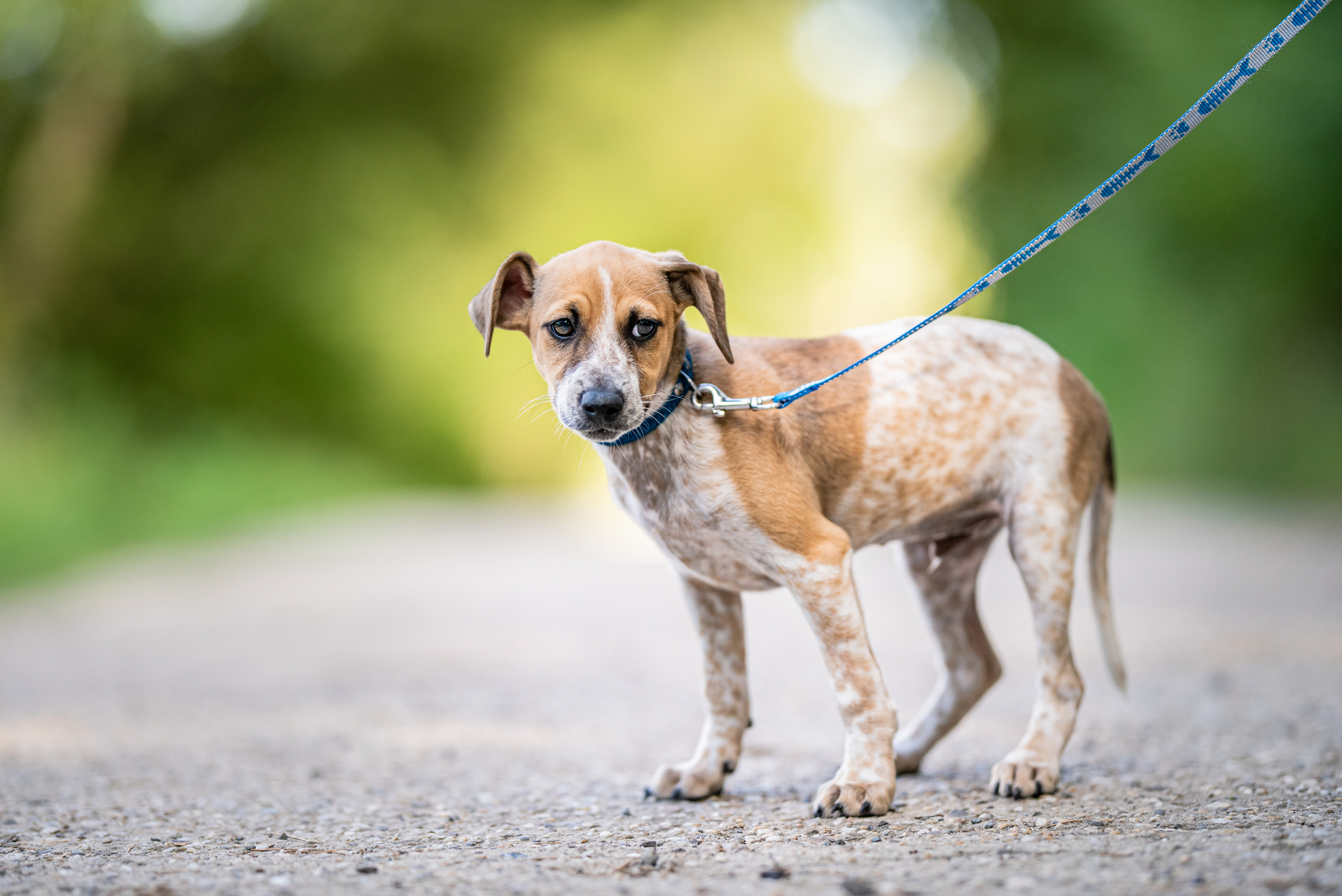 What to do when your dog gets attacked by another dog out on a walk
What to do when your dog gets attacked by another dog out on a walkBen Randall deals with a reader's difficult situation as an ordinary walk took a turn for the worse.
By Ben Randall
-
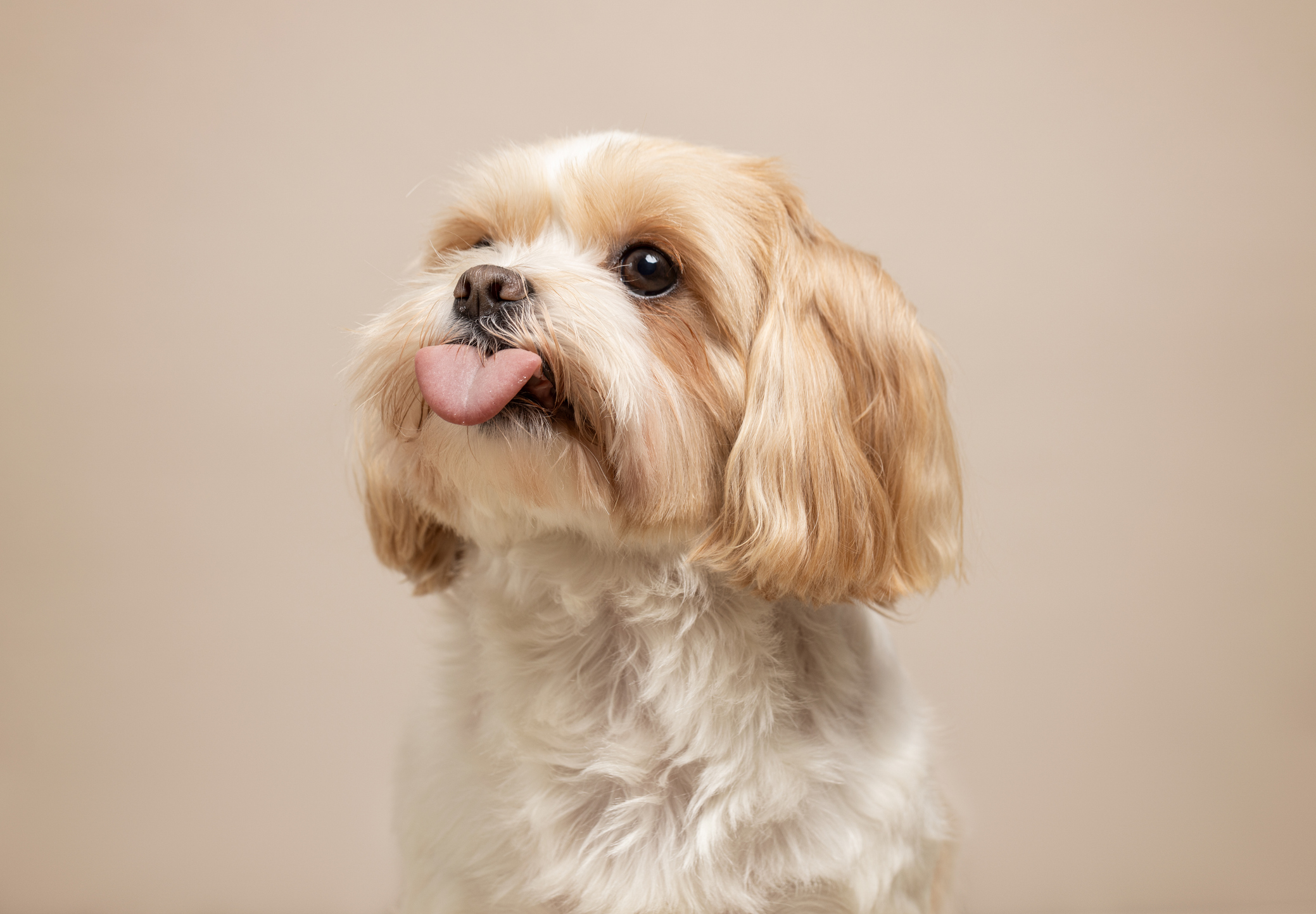 How to deal with an older dog starting to show some bad behaviour after many happy years
How to deal with an older dog starting to show some bad behaviour after many happy yearsA-list dog trainer Ben Randall helps a reader whose ageing dog has started changing its behaviour — and not for the better.
By Ben Randall
-
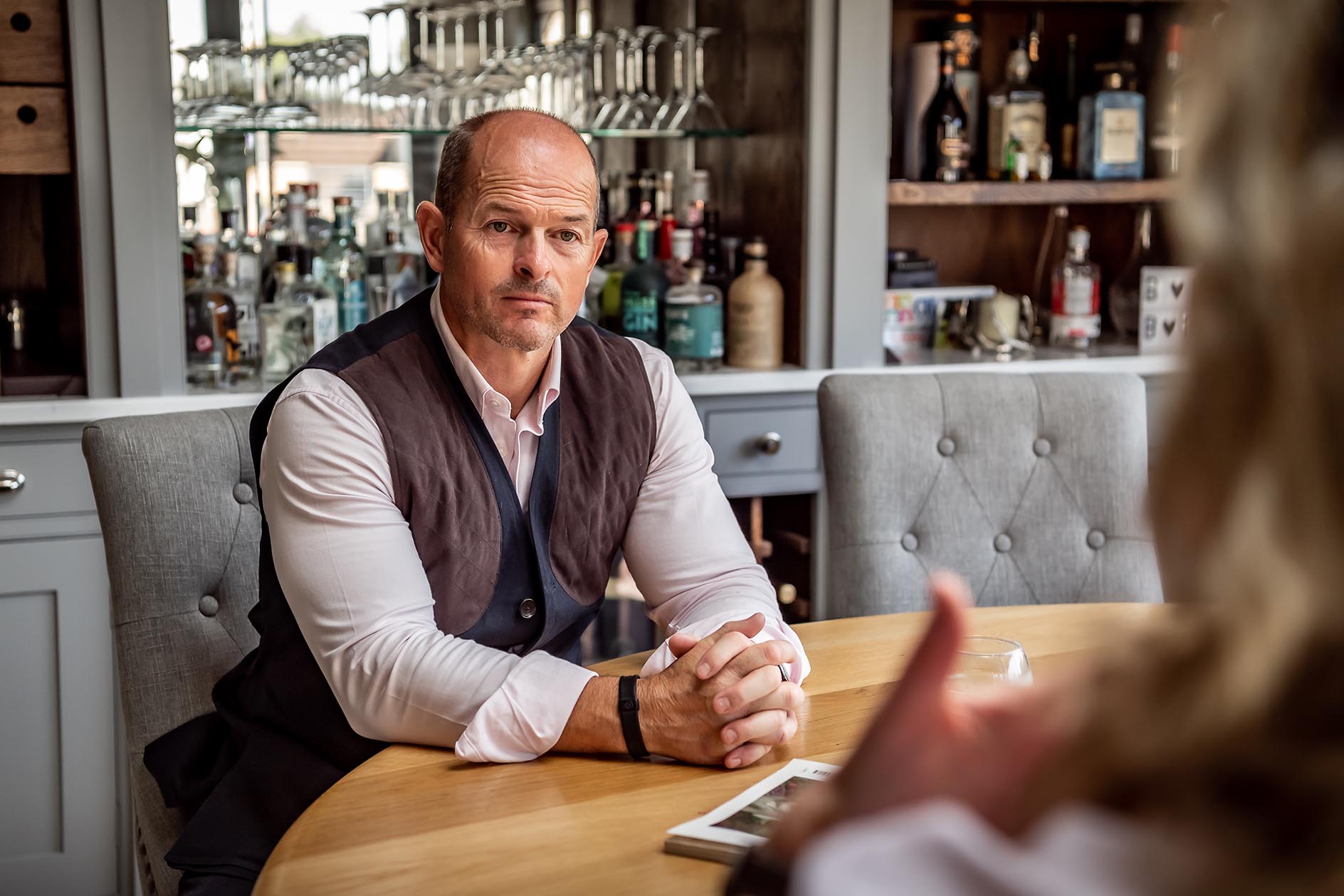 Ben Randall: Ask Country Life's canine agony uncle a question about your dog
Ben Randall: Ask Country Life's canine agony uncle a question about your dogOver the past two years our award-winning dog trainer Ben Randall has been sharing his advice with Country Life readers.
By Country Life
-
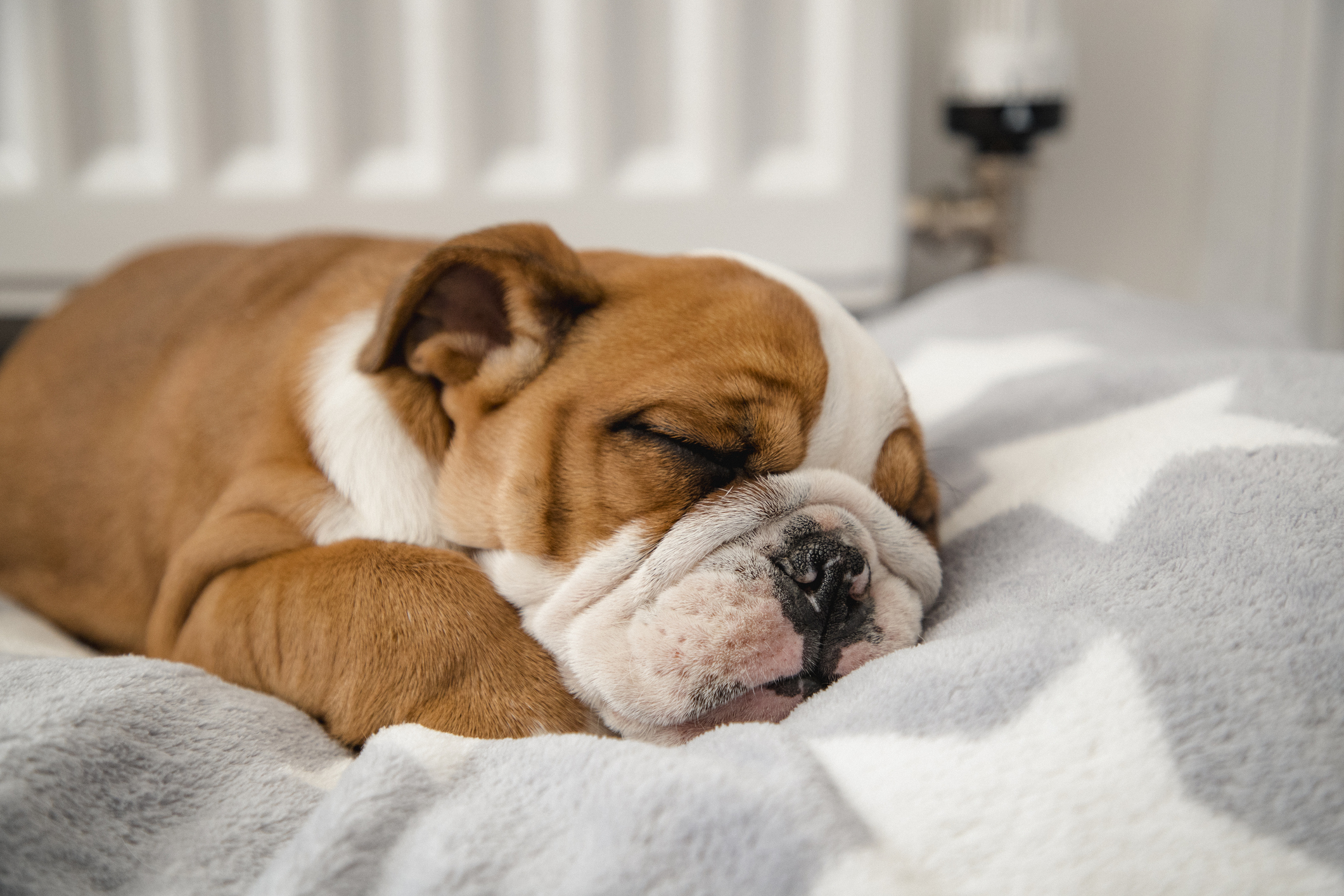 How to look after a dog who's gone deaf, by A-list trainer Ben Randall
How to look after a dog who's gone deaf, by A-list trainer Ben RandallBen Randall handles a query from a reader whose dog has lost her hearing.
By Ben Randall
-
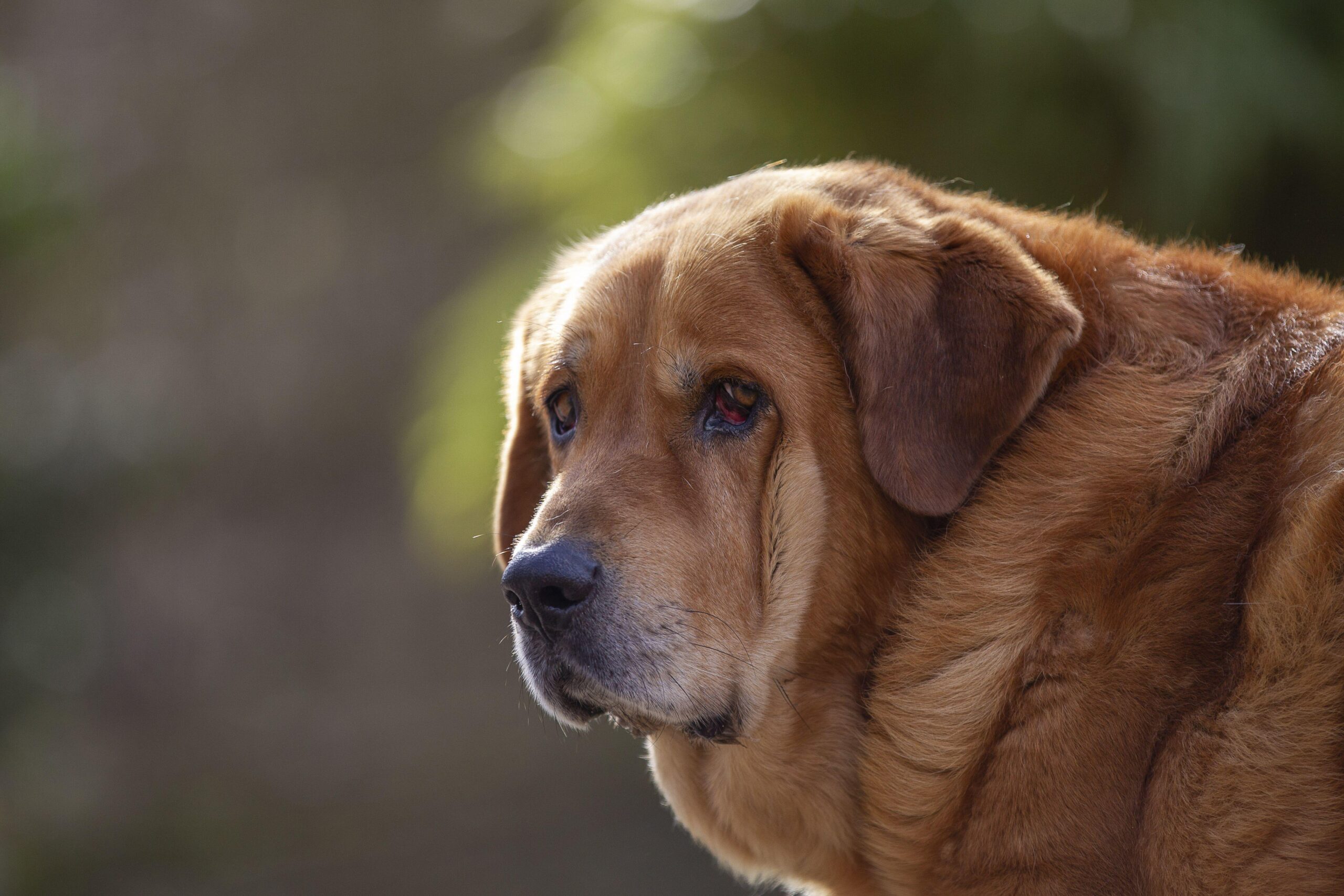 How to deal with a dog that's stronger than you are — especially when it runs off when it gets excited
How to deal with a dog that's stronger than you are — especially when it runs off when it gets excitedBen Randall tackles an issue for an owner of a dog that's almost as big as she is.
By Ben Randall
-
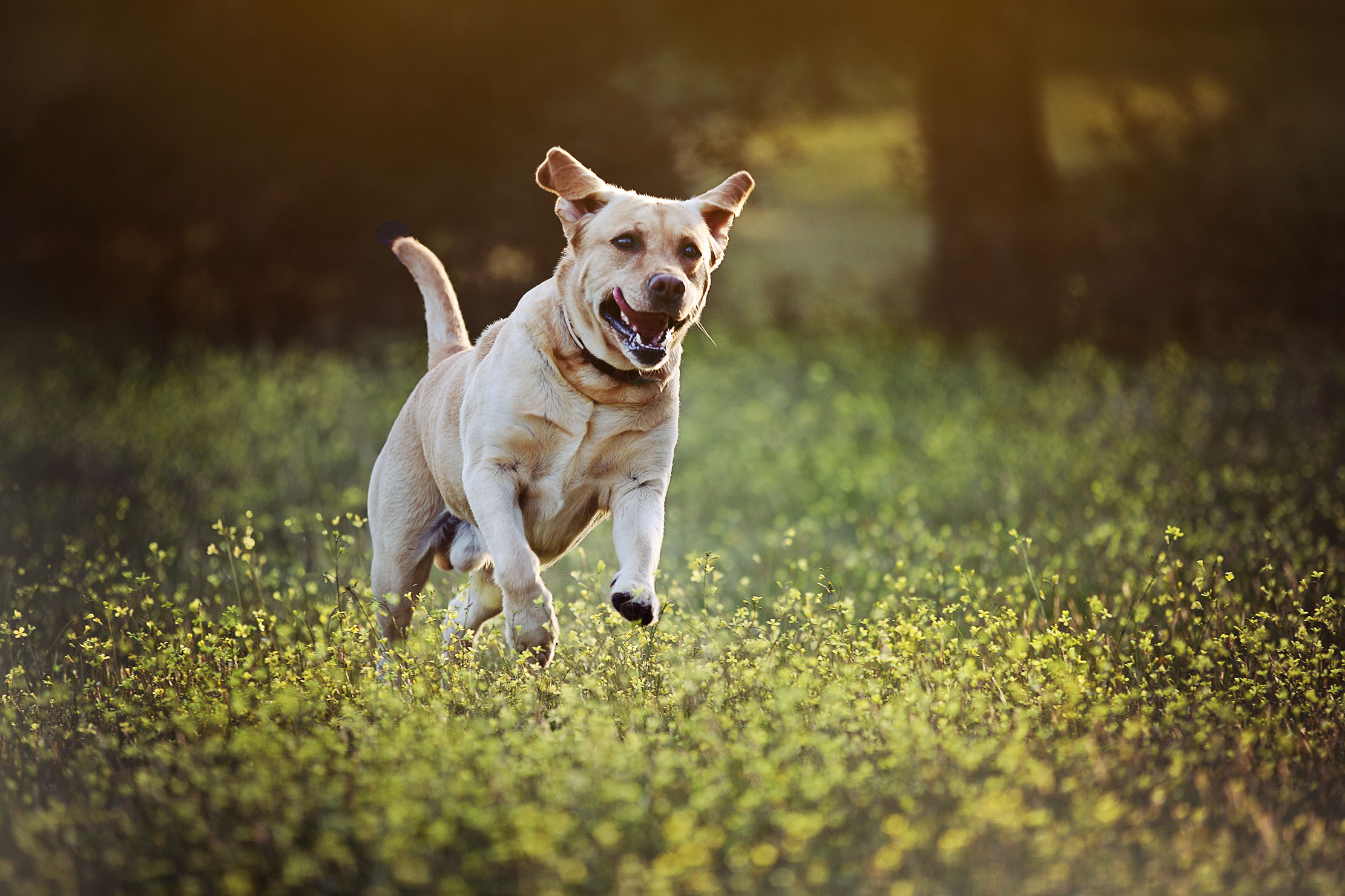 'My dog goes crazy when he sees someone with a ball launcher. How do I make him stop?': Expert trainer Ben Randall explains what to do
'My dog goes crazy when he sees someone with a ball launcher. How do I make him stop?': Expert trainer Ben Randall explains what to doTaking on a dog with ingrained bad habits can be a headache. Ben Randall explains how to retrain them to keep calm.
By Ben Randall
-
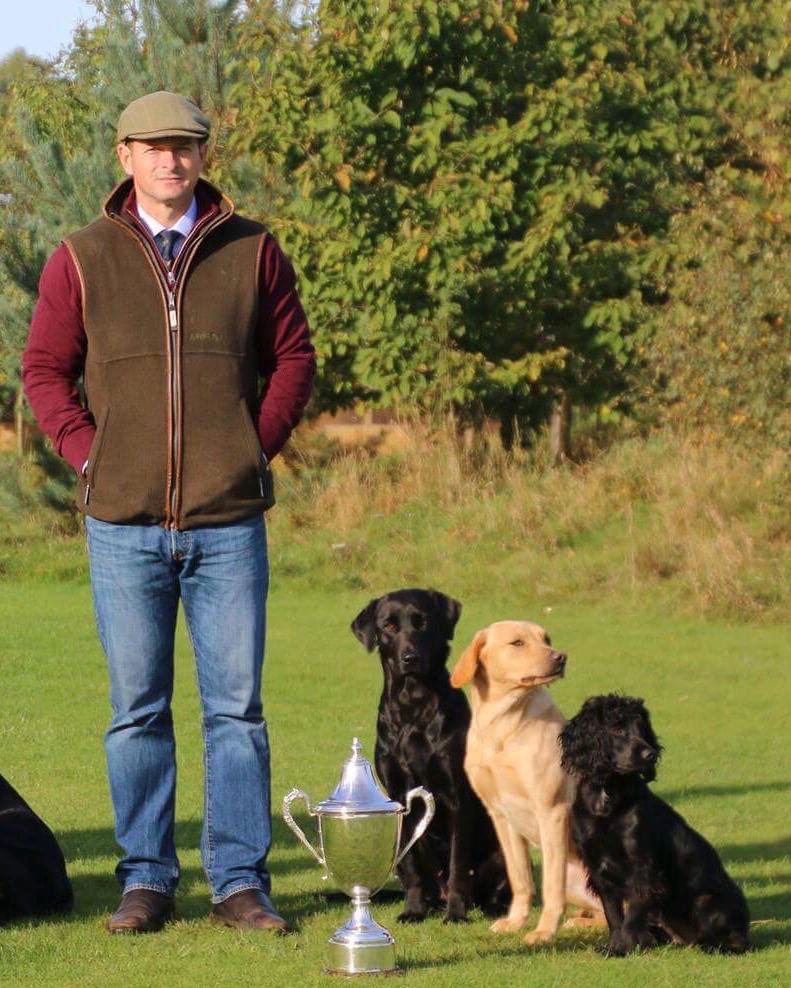 Ben Randall: Q&A with the award-winning dog trainer
Ben Randall: Q&A with the award-winning dog trainerWe speak to Country Life's canine agony uncle Ben Randall.
By Ben Randall
-
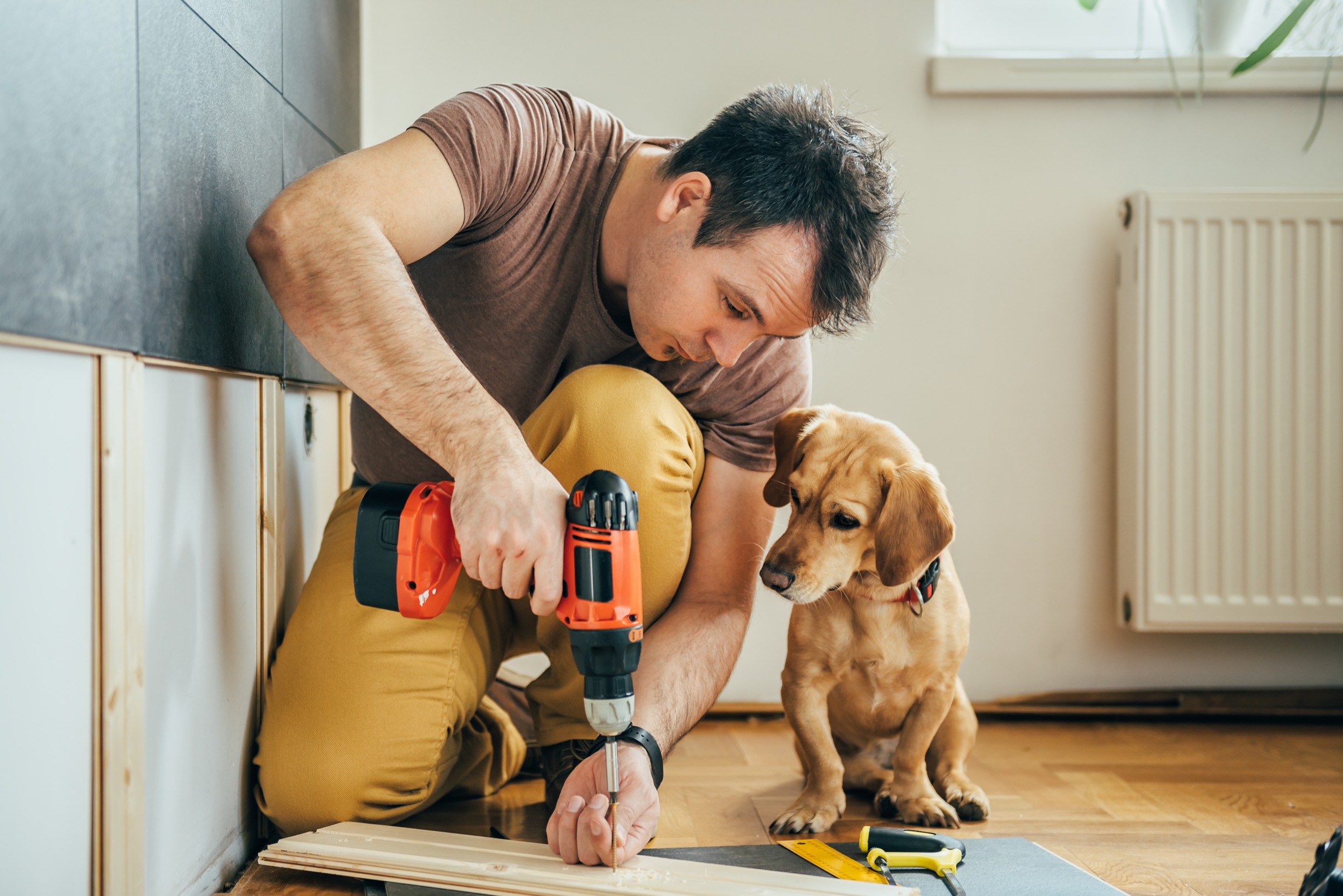 How to stop your dog from being protective and barking at builders
How to stop your dog from being protective and barking at buildersBarking can be annoying and unsettling for visitors. Ben Randall looks at how to get a little peace and quiet.
By Ben Randall

